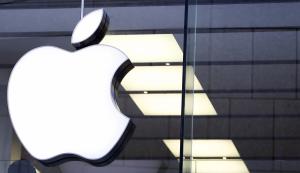Apple refers to user privacy as a "fundamental right" and has listed it as one of its core values. Although the tech giant claims that it designs products to protect the consumer's privacy and give them control over their information, a new report has found that the latest generation of iPhones may not give users as much control as the company would like them to believe.
iPhone 11 Pro collects location data even when disabled
A recent report from American journalist and investigative reporter Brian Krebs found that while the phone's Location Services privacy policy states that users have the option to "disable Location services at any time," Apple continues to track a user's location even when they have the Location services toggle set to "Never."
Krebs came across this issue on a new iPhone 11 Pro running the latest version of iOS 13 and demonstrated the privacy issue in a video shared on YouTube. In the video, Krebs manually disables location Services for individual apps like Maps and Siri from the device's settings but the arrow-shaped icon continues to appear alongside the app in the Status Bar.
Apple's violation of its privacy policy

According to Apple's privacy policy, as long as location services are turned on the iPhone will "periodically send the geo-tagged locations of nearby Wi-Fi hotspots and cell towers (where supported by a device) in an anonymous and encrypted form to Apple."
However, as mentioned earlier, it goes on to note that users have the liberty to disable location-based system services for individual apps. "You can disable Location Services at any time," the privacy policy states. "You can also disable location-based system services by tapping on System Services and turning off each location-based system service."
This means that if location-tracking for each app is turned off, there be no reason for Apple to continue collection location data. Apple has always talked a big game when it comes to user privacy but this seriously undermines the company's "Whatever happens on your iPhone, stays on your iPhone" claims ahead of CES earlier this year.









